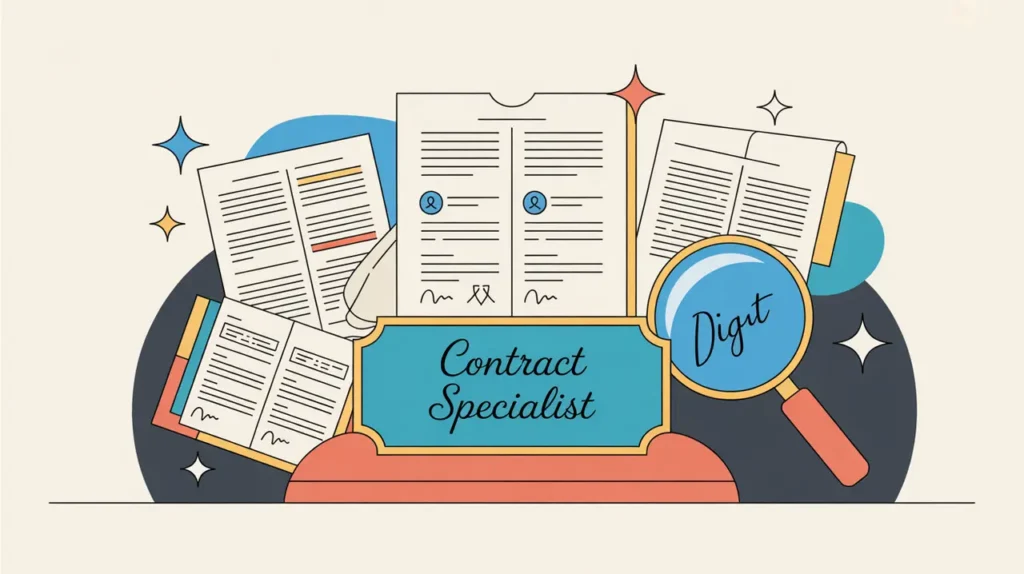What Does the Risk Manager Role Involve?
A Risk Manager is responsible for leading the organization’s risk management strategy, frameworks, and practices to ensure that operational, financial, programmatic, and reputational risks are effectively identified, assessed, mitigated, and monitored. They oversee the development of risk policies, manage organizational risk registers, coordinate cross-functional risk assessments, and provide strategic advice to senior leadership and boards. Their work ensures that risk management is embedded into decision making, safeguarding the organization’s mission and long-term sustainability.
In nonprofits and social enterprises, Risk Managers play a central role in balancing mission ambition with operational resilience, ensuring that the organization can anticipate, respond to, and recover from uncertainties and disruptions.
At What Level does this Role Operate?
Senior Level: Risk Managers typically report to a Director of Operations, Chief Risk Officer, or Executive Director. They operate with significant strategic and operational responsibility, often leading a team of analysts, officers, or assistants, and coordinating risk activities across multiple departments or geographies.
Relative Employability: Risk Manager roles are increasingly common in nonprofits, NGOs, foundations, and social enterprises with complex operations, multi-country footprints, or large funding portfolios. They are in growing demand as governance and compliance expectations rise across the sector.
Relative Pay Scale: Risk Managers generally occupy the senior pay band. Their compensation reflects their leadership role, strategic influence, and specialized expertise, sitting above lead and analyst positions and often aligning with other departmental management roles.
What are the Key Responsibilities and Activities?
- Develop and implement organizational risk management strategies, frameworks, and policies
- Oversee enterprise-wide risk assessments, ensuring alignment with organizational goals and regulatory requirements
- Manage and maintain risk registers, ensuring risks are identified, evaluated, and prioritized appropriately
- Lead the design and implementation of mitigation strategies and contingency plans
- Coordinate cross-functional risk processes, facilitating collaboration among programs, finance, operations, and leadership teams
- Monitor emerging risks, regulatory changes, and contextual developments to update strategies proactively
- Prepare and deliver risk reports, dashboards, and briefings for senior leadership and boards
- Lead training and capacity building to embed a culture of risk awareness and management across the organization
- Supervise and mentor risk staff, including analysts, officers, and assistants
- Liaise with regulators, auditors, or donors on risk-related matters when required
What Core Competencies and Qualifications are Needed?
Required Qualifications and Experience
The following reflect common qualifications and experience expected for this role, while recognizing that pathways may vary by context, organization, and region.
- Relevant academic background in risk management, finance, public policy, international development, or related fields
- Extensive experience in risk management, compliance, operations, or strategy, including leadership of risk functions
- Proven ability to design and implement risk management frameworks in complex organizations
- Familiarity with risk standards and frameworks (e.g., ISO 31000, COSO)
- Strong analytical, strategic, and communication skills
Key Competencies
- Strategic thinking and ability to align risk management with organizational priorities
- Advanced analytical and problem-solving skills
- Leadership and team management capabilities
- Strong communication and facilitation skills across senior and operational levels
- Excellent organizational and project management abilities
- Adaptability to shifting regulatory, geopolitical, and operational contexts
How are AI and Automation Shaping this Role?
An AI-native Risk Manager can use AI tools to build predictive models, monitor organizational and external risk indicators in real time, and automate the updating of risk registers. AI can support scenario planning by simulating the impact of different risk events, enabling more informed decision making. Automated dashboards can provide leadership with live risk intelligence, freeing managers to focus on strategy, foresight, and building organizational resilience.
What Career Pathways and Transferable Skills are Associated with this Role?
Risk Managers can progress to roles such as Director of Risk, Director of Operations, Chief Risk Officer, or Chief Operating Officer. Their expertise in risk strategy, cross-organizational coordination, and governance is transferable to senior leadership positions in operations, finance, compliance, and strategic planning. Over time, they may shape institutional risk cultures, lead enterprise risk functions at a global scale, or contribute to board-level governance and strategic resilience initiatives.







